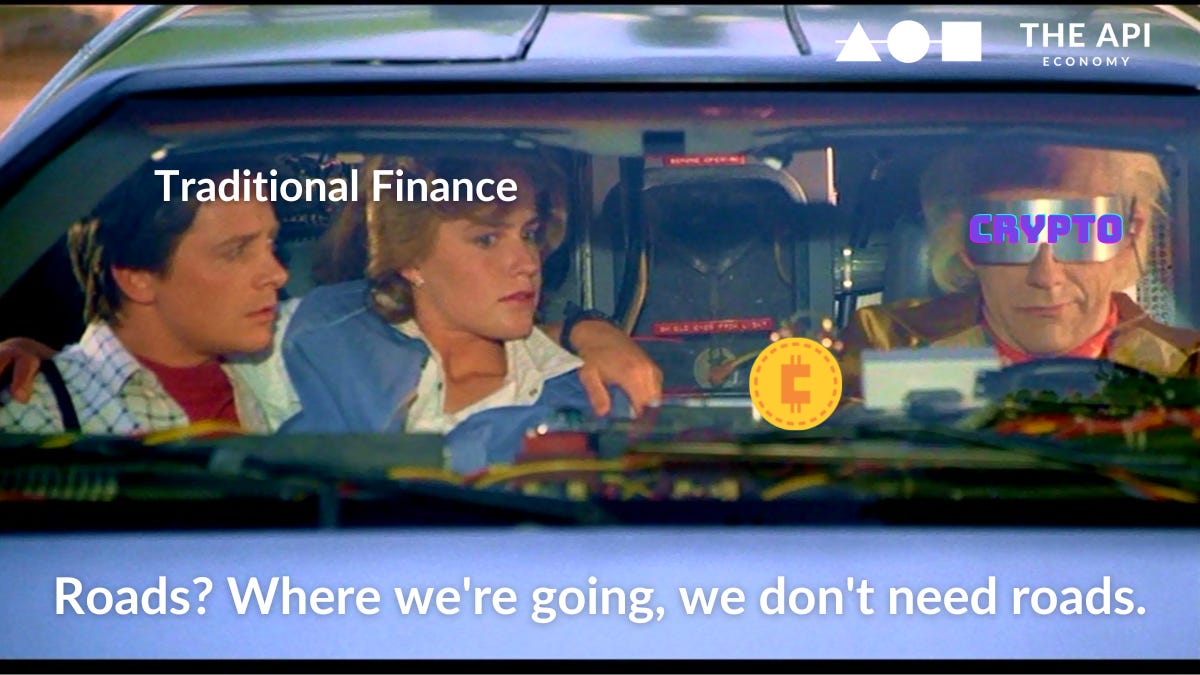Love capitalism? Perhaps you believe, like Donald Trump and his coterie, that capitalism is a locus of creativity, genius, and creating wealth. Or perhaps you believe, like many Bernie Sanders supporters, that unbridled capitalism exploits the poor and the powerless.
Both the blame and the credit for capitalism have often been placed at the feet not of an economist, but rather a sixteenth-century Christian theologian named John Calvin. Calvin’s belief in predestination and other tenets embraced by aggressive capitalists, is seen as giving the theological justification for a Protestant vision that propelled economic growth in Europe, Britain and, eventually, North America.
Calvin, born July 10, 1509 in France, made his mark in Geneva, Switzerland, where he served as a religious leader who helped shape not only the dominant Protestant church of the city but also its political, cultural, and economic order. Many Calvin scholars argue that the theologian, frequently branded as an austere figure and friend of the rich, was actually more complicated that that. They see him as a product of the sixteenth century, an era of turmoil and anxiety, whose beliefs were popularized by seventeenth century thinkers bent on blessing emerging capitalism.
Sociologist Max Weber gave Calvin credit for sanctifying the Protestant work ethic that drove capitalist success and excess prevalent in Northern Europe and North America. But other scholars disputed the consensus Weber forged. Scholar William J. Bouwsma argued that Calvin has gotten a bum rap, and while his acolytes used his teachings to support unbridled capitalism, the actual man can be quoted in support of both sides of the issue.
Calvin’s theological beliefs, based upon his study of the Bible, captured adherents from around the Christian world as Geneva became a center of Protestant thought. He became known as a proponent of predestination, the belief that God’s rewards for humans have already been selected. It was later frequently invoked by wealthy Christians to justify their opulence as part of God’s plan that should not be disturbed by revolutions or high taxes. But Bouwsma argues that is a misinterpretation of what is a subtle theological doctrine about God’s mercy for believers.
Calvin’s vision involved a humanistic approach that included a revolutionary look at social questions. For one thing, Calvin, a happily married man, believed that sexual morality should apply equally to both men and women. He was a supporter of republican government over monarchy and saw everyday occupations as part of a calling from God, raising the most humble to an exalted status.
Calvin never accepted capitalism unconditionally. While the first Christian theologian to embrace the use of interest on money—the Catholic Church had long held rules against usury—he also qualified its use. He argued that it should never be used to exploit the poor and that borrowers should profit more from loans than from those they borrowed from. Some ethicists see his principles as a possible response to the worldwide convulsions in banking that occurred in the Great Recession and other economic downturns.
Whether seen as an unapologetic capitalist or reformer, Calvin provides a clear example that religious thought permeates beyond church walls, having an impact on the world of both believers and non-believers.





















